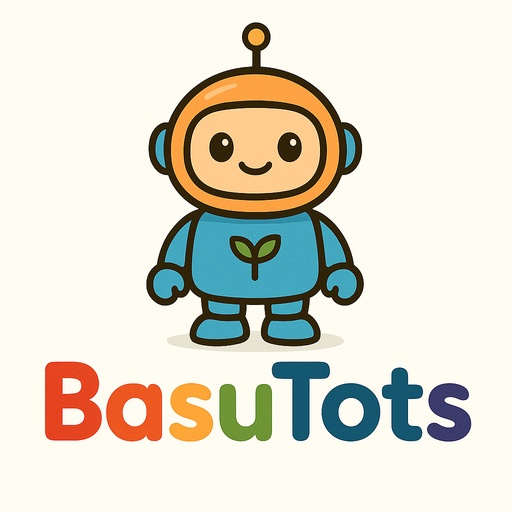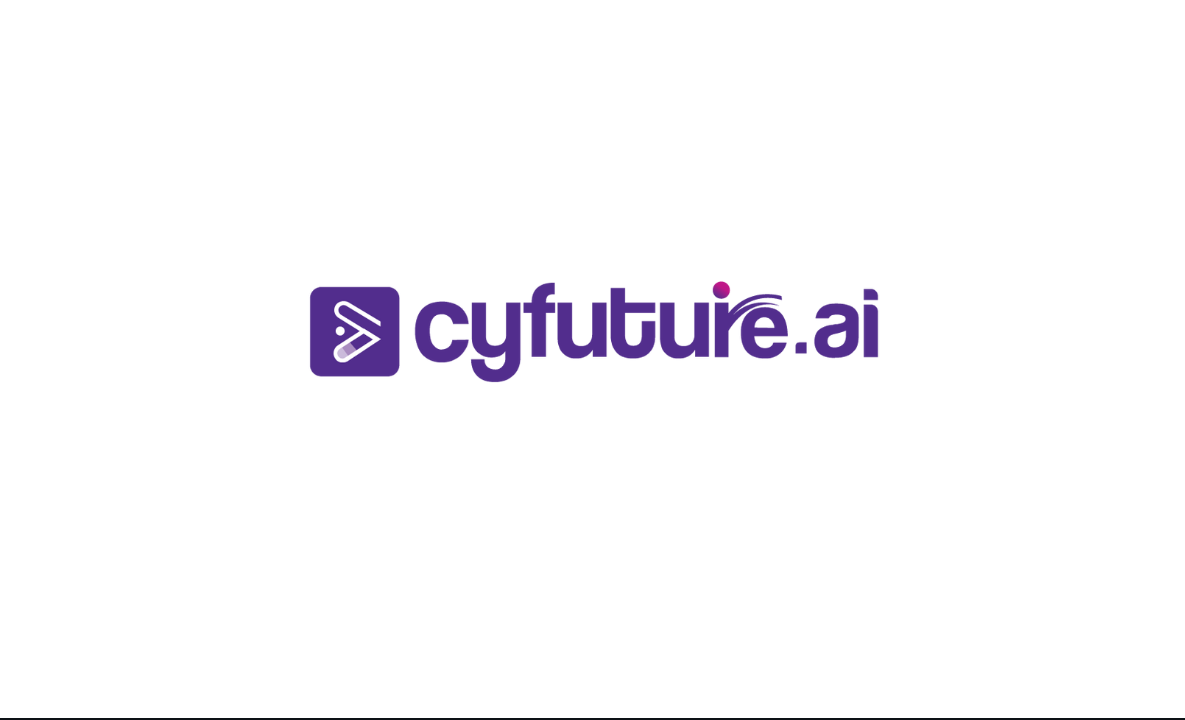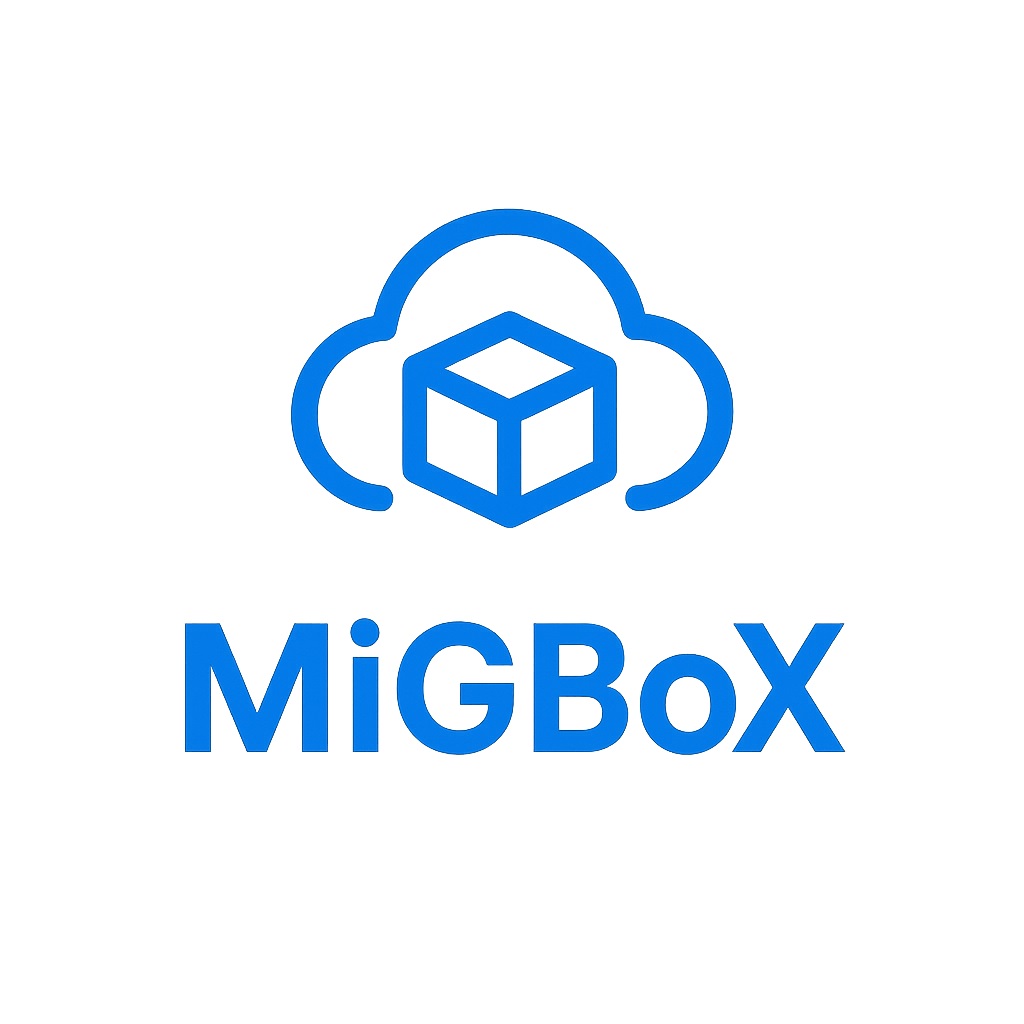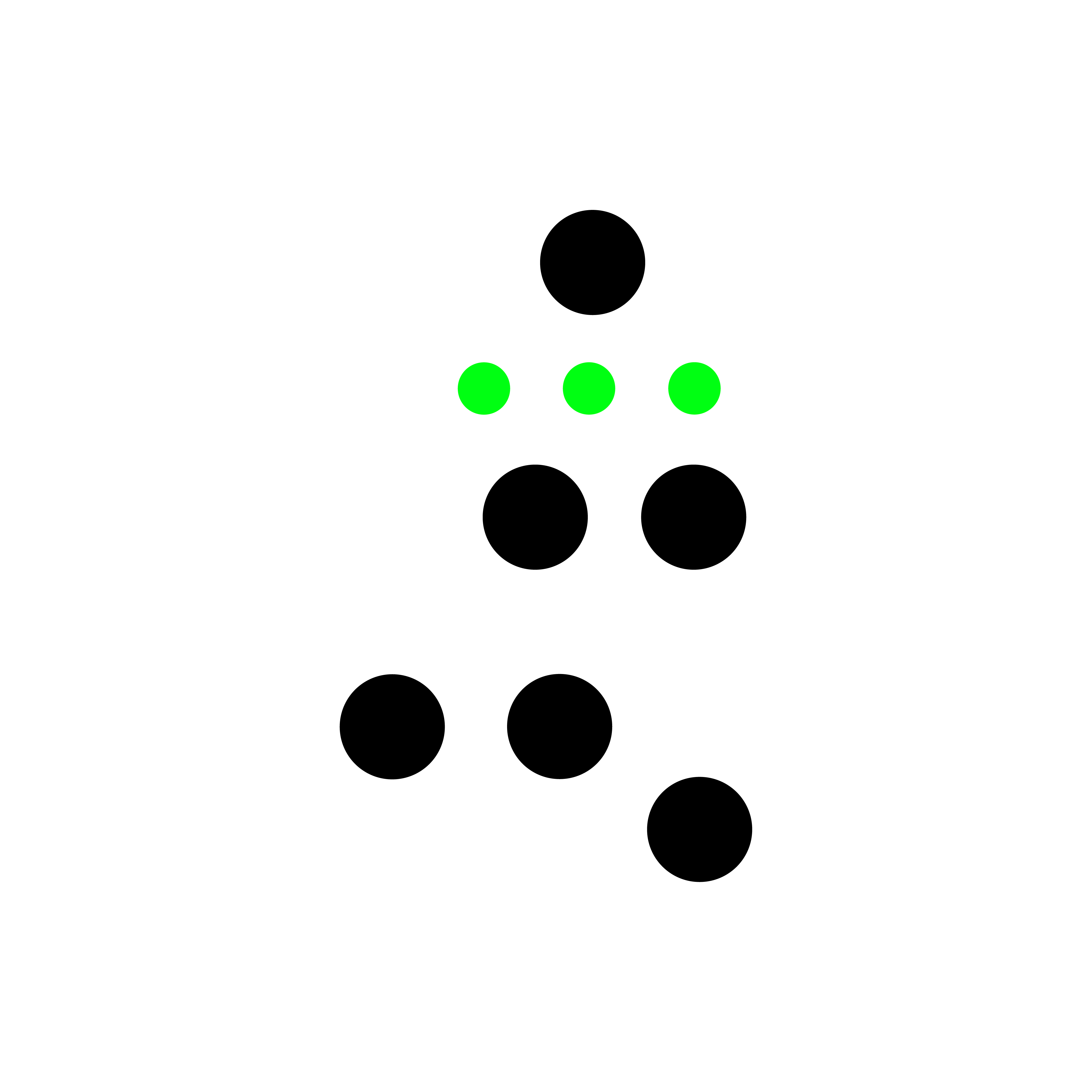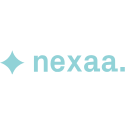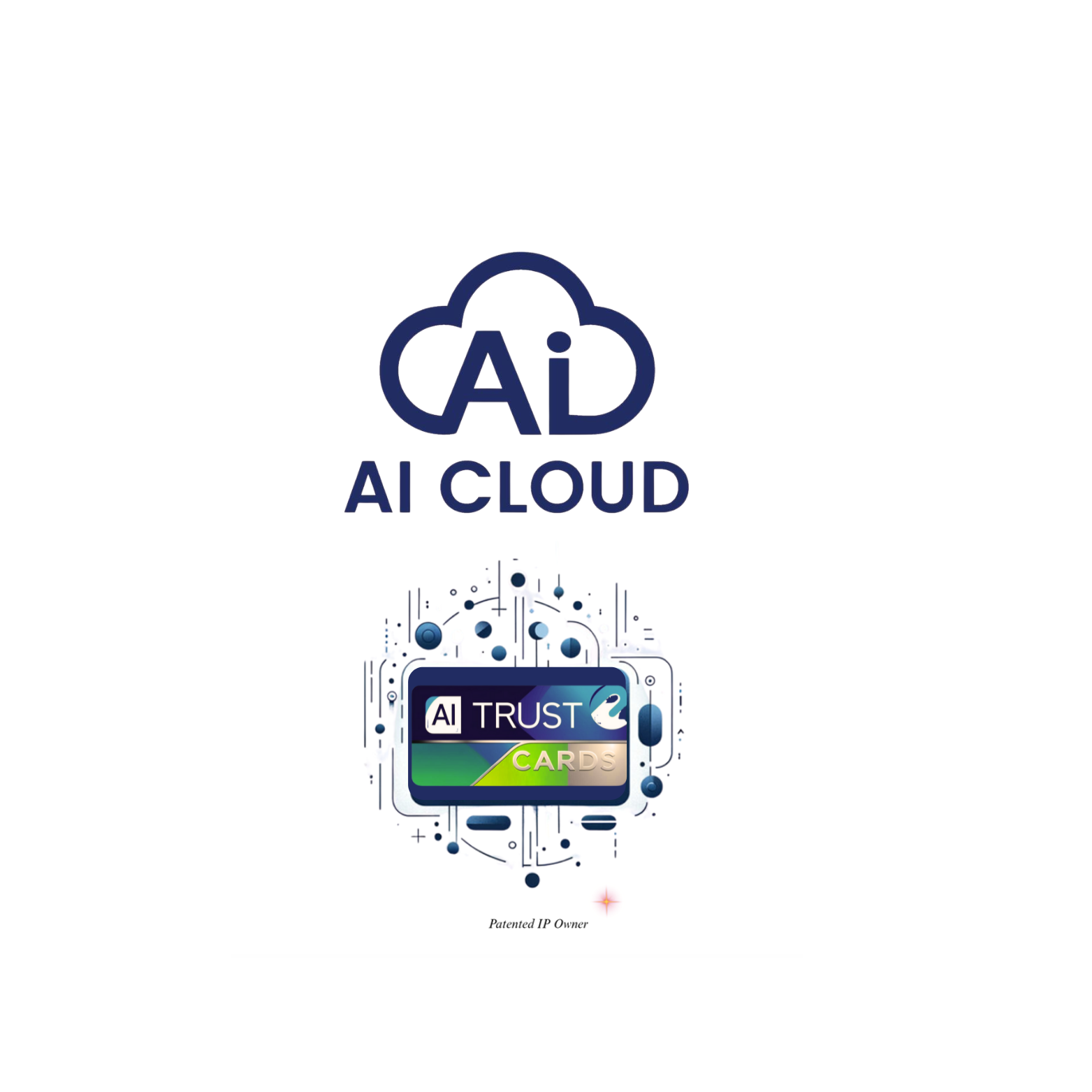Introduction: Onlime is a secure, Danish cloud storage service designed for individuals, families, and businesses. It provides a reliable platform for backing up, synchronizing, archiving, and sharing files, documents, and images across all devices, emphasizing privacy and data security. Key Features:Intelligent Image Search with Private AI: Search and find images using natural language, understanding activities, colors, and emotions, all while ensuring 100% privacy and security.Automatic Backup: Seamlessly backs up folders on PC/Mac and photos/videos/contacts on iOS/Android, running in the background to capture all changes.Photo Timeline & Albums: Automatically organizes photos and videos into a simple timeline for easy discovery of memories, with options to create and share photo albums.Secure File Sharing: Share folders, files, and albums with controlled viewing or full collaboration access.Free Office Online Access: Edit Word, Excel, and PowerPoint documents directly within Onlime, with automatic cloud storage and multi-user editing.Unlimited Devices: Install and use Onlime on any number of computers and mobile devices without limitations.Use Cases: Onlime is ideal for users who want to ensure their digital memories and important documents are safe and accessible. Families can utilize the family plan to provide each member with private backups while enabling shared folders and photo albums for collaborative memory-keeping. Businesses can leverage Onlime for GDPR-ready secure file storage, team collaboration in shared folders, and access to Office Online for productivity. Furthermore, Onlime helps users free up space on their devices by storing files securely in the cloud. In cases of accidental deletion or device failure, the service allows easy restoration of files, including previous versions, ensuring data integrity and peace of mind. The intelligent image search significantly enhances photo management, allowing users to quickly locate specific images without manual tagging. Pricing Information: Onlime offers a freemium model, providing 5GB of cloud storage for free to access all features. Paid plans include Home (1TB, 5TB, 10TB for 1-5 people), Unlimited (for 1 person), and various Business tiers (500GB, 1TB+). Discounts, such as 40% off for the first 6 months or year, are frequently available. All subscriptions come with a 14-day right of cancellation and a 30-day money-back guarantee. User Experience and Support: The platform is designed for ease of use, with intuitive apps for Windows, Mac, iOS, and Android. Onlime prides itself on premium customer service, offering live help in Danish via message or email, typically responding within a few hours. Comprehensive help articles with screenshots and videos are also available for self-help. Technical Details: Onlime stores user data in Scandinavia, specifically in Tier III data centers in Norway (Green Mountain), a former NATO bunker, ensuring world-class physical and virtual security. Data transfer and storage are encrypted with 256-bit TLS 1.2 AES. The service is GDPR compliant and adheres to ISO standards like 27001. It operates on 100% renewable energy, with heat from the data center contributing to local district heating. Pros and Cons:Pros:High security with data centers in Scandinavia (former NATO bunker).Strict privacy policy: no data harvesting or monetization.Powered by 100% green, renewable energy.Excellent Danish live customer support.Innovative Private AI-powered image search.Unlimited device installations across all plans.Free access to Office Online (Word, Excel, PowerPoint).Cons:No specific cons are highlighted in the provided text. The service appears to focus heavily on its advantages.Conclusion: Onlime stands out as a highly secure, private, and user-friendly cloud storage solution, particularly appealing to those prioritizing data sovereignty and ethical business practices. With its robust features, including AI-powered image search and comprehensive backup options, it offers a compelling alternative to larger, foreign cloud providers. Explore Onlime today and secure your digital life with peace of mind.




